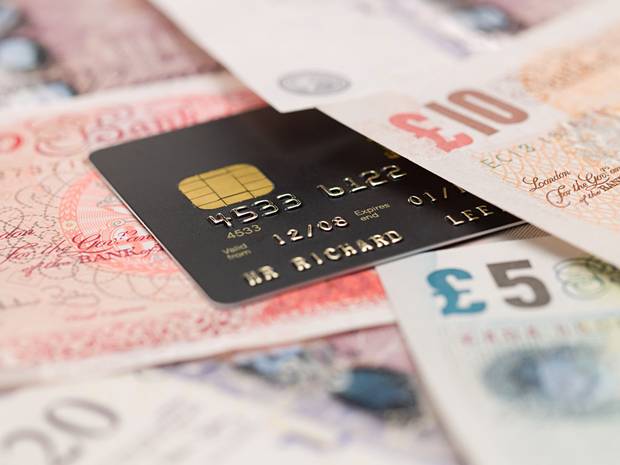One task that most homeowners find difficulty in achieving is balancing their monthly budget, which is made all the more difficult by the rise in cost of living and inflation. Paying your mortgages or rent, utility bills, grocery, fuel besides education for the kids all make it very difficult to be able to save any money at the end of the month. But the UK is on the verge of a personal financial crisis, so we’re told. More and more families are unable to afford the essentials – and the poverty line is moving further up the population. Needless to say, we have to try to find ways to save money whatever your salary.
There are times when an unexpected need for cash arises, like from increased utility bills or a medical emergency, and we are left searching for ways to pay for it. In fact as per a survey conducted by the payday loan company ‘wonga.com’ indicates, most loans are taken for use in medical costs, utility bills, tuition fees etc. It’s simple payments – not luxuries- that Brits appear to be struggling with.
Lack of financial planning by British families has lead to a rise in personal debt figures in the country as reported by the Money Charity Organisation. Of these, credit card debts are out of the highest in the last three years according to the UK Cards Association. Getting into debt is a stressful situation and the best way to steer clear of it is through living within our means – and developing a way to cut down on expenses. A few methods that British families can adapt to lower expenses include:
Go for a Balance Transfer:
Most credit card owners find the monthly interest repayments to be rather high, especially if the balances are over a £1000. If the annual APR is high, which it generally is, you need to search for a zero balance transfer scheme. This is generally offered by most credit card companies as promotional offers. By switching your debts between cards with lower interest rates or even zero interest for a specific period, you will save considerably on interest repayments, while also being able to repay the principal amount in installments.
Consider getting your Mortgage Rates Lowered:
A large part of our income goes in repaying mortgage installments and you need to search for better deals wherever possible. If you find mortgage rates to be lower with other companies then consider switching, as it will save you a fairly large sum of money in the long term. You might also consider a mortgage holiday, but approach your mortgage company about their policies on this. Similar is the case with insurance, if your insurance provider does not offer you the best rate of interest, you could shop around and even conduct an online search at any of the insurance comparison websites. You will in all probability find a better rate of interest and you could save a packet on lower insurance costs.
Review your Direct Debit Facility:
As most of us have direct debit facilities linked to our bank accounts, you need to review them carefully and only keep the essential ones while discarding others. Essentials like a mortgage, insurance and utility bills need to be retained. It is non-essentials like magazine subscriptions, club memberships and others of this kind, which can be done without.
Try to Avoid using the Overdraft Facility:
In case you have provision in your bank account to make use of the overdraft facility, try to avoid making use of it. The exorbitant rate of interest you will be charged may not be worth it. You will end up paying a hefty sum on interest, which is something to be avoided, especially if you want to economise and save money.
Be Smart in your Spending:
The best way to cut down on spending is to be a savvy shopper. Search for the best discounts and deals available, as there always is some or the other promotional offer or discounts available. Learn not to give in to impulse spending and only buy what is needed. Similarly you can save a lot of expenditure by limiting the number of times you dine out in the month. Remember we do not only pay for the food we have, but also have to pay a large percentage in VAT. Preferably use cash instead of a credit card for payments and you will see a remarkable decrease in expenditure.
Being able to save is not a rocket science – all it needs is some careful planning and self-restraint and you will see the difference in your finances.
Author Bio: The writer works with an IT related company but has a keen interest in finance related matters and financial management.




